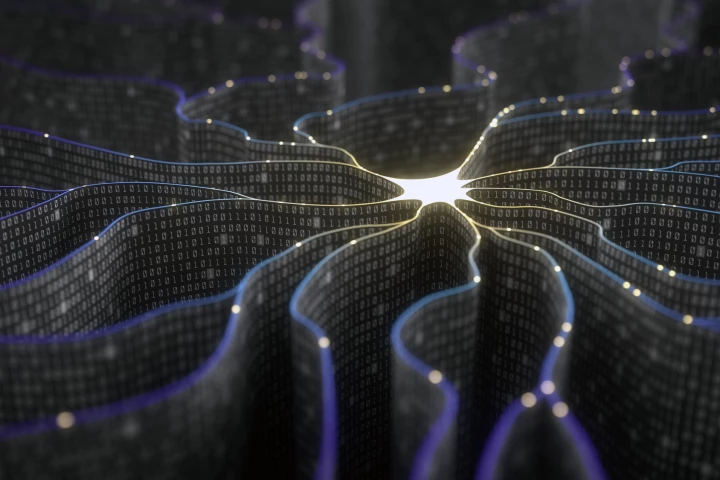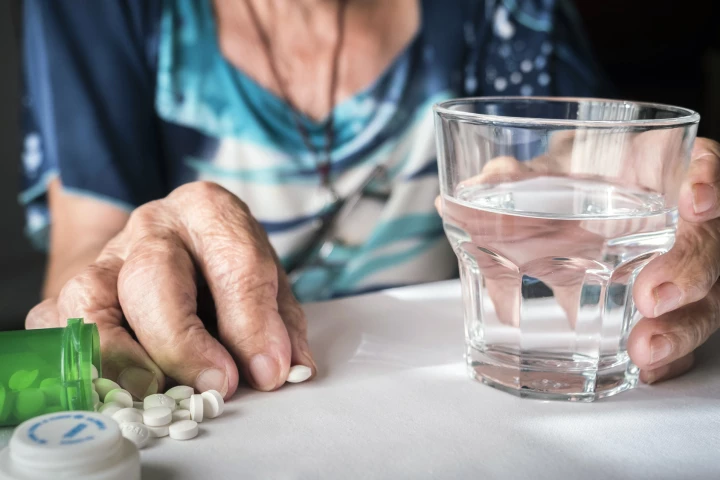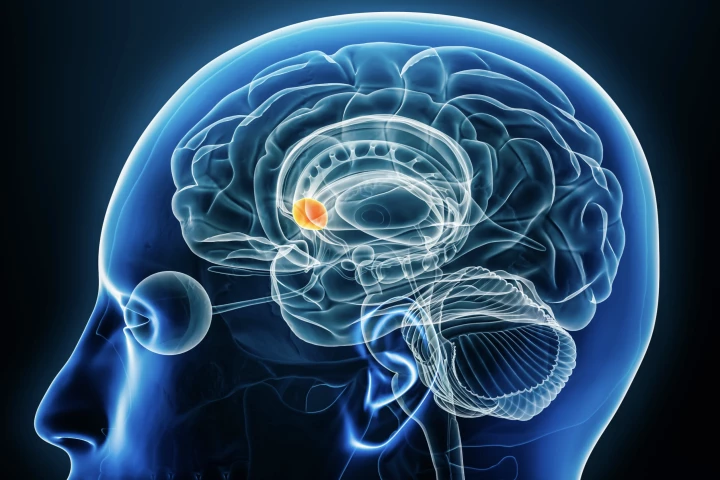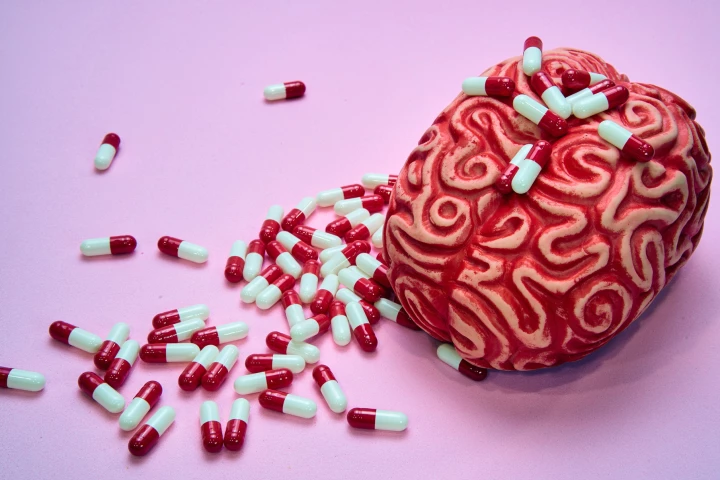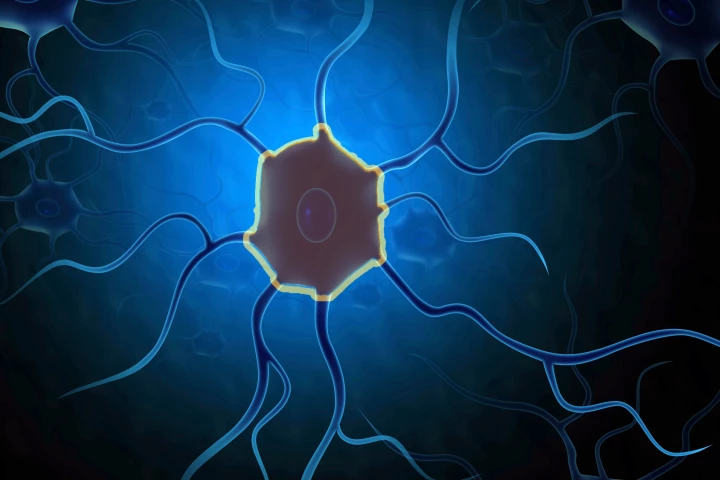Dopamine
-
Scientists have built an artificial neuron that’s so realistic it fires, learns, and responds to chemical signals just like the real thing – a breakthrough that could transform computing, medicine, and the way that tech merges with biology.
-
A once-a-week Parkinson’s injection could replace multiple daily pills, thanks to a new slow-release formulation developed by researchers. It promises easier treatment, fewer missed doses, and better symptom control.
-
Dopamine doesn’t flood the brain as once believed – it fires in exact, ultra-fast bursts that target specific neurons. The discovery turns a century-old view of dopamine on its head and could transform how we treat everything from ADHD to Parkinson’s.
-
Not everyone with ADHD responds to stimulants like Ritalin, which increase dopamine levels. New research suggests the drug’s effectiveness is less about the dopamine it produces and more about the number and type of brain receptors that respond to it.
-
Researchers have developed nerve grafts, currently being trialed as a treatment for Parkinson’s disease, that are invisible to the body’s immune system. It could mean that giving risky post-transplant anti-rejection drugs is soon a thing of the past.
-
A mainstay of Parkinson's disease treatment, levodopa can cause nasty side-effects with long-term use. A recent human trial found that a new drug significantly reduces these effects, representing a breakthrough milestone in Parkinson’s treatment.
